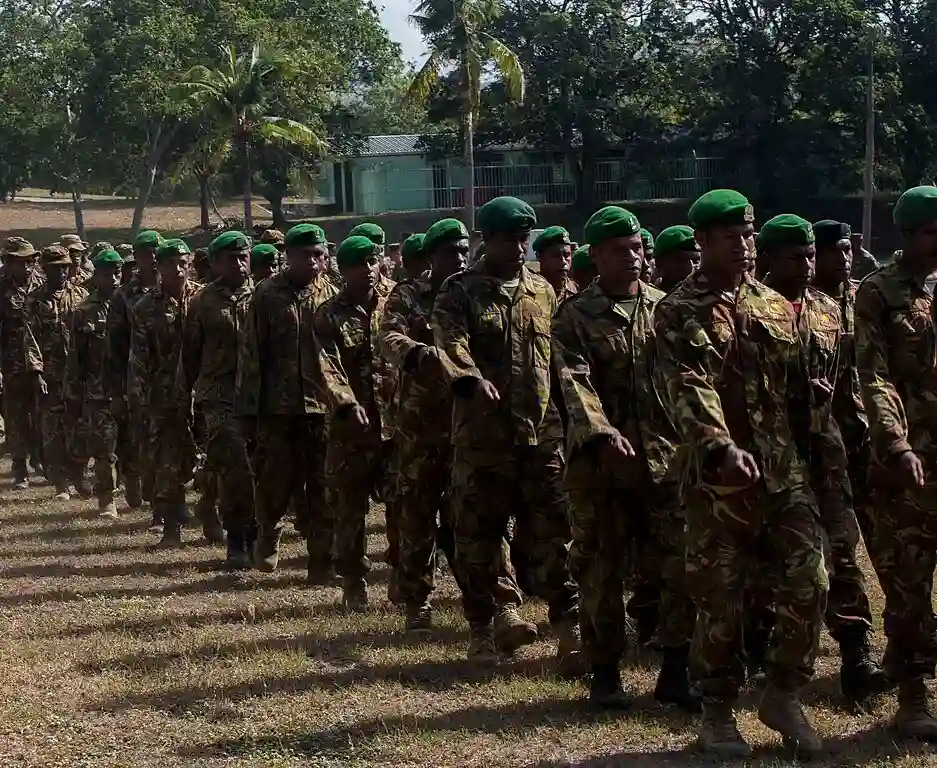In a escalation of unrest fueled by a contentious pay dispute in Papua New Guinea’s capital, Port Moresby, an unknown number of lives have been claimed, casting a somber shadow over the city’s recent upheaval.

In a tumultuous turn of events, Papua New Guinea’s capital, Port Moresby, witnessed widespread rioting and chaos, leaving several individuals confirmed as dead, although the death toll is still unknown.
The turmoil unfolded as a consequence of a police strike over a contentious pay dispute, prompting hundreds to take to the streets.
Shops and cars became targets of arson, and supermarkets fell victim to looting as the city plunged into a state of unrest.
National Capital District Governor Powes Parkop, addressing the situation in a radio broadcast, attributed the looting to “opportunists.” In an unprecedented move, the government responded by deploying the army in an effort to restore order.
Expressing deep concern, Governor Parkop declared, “We have seen an unprecedented level of strife in our city, something that has never happened before in the history of our city and our country.” While confirming casualties, he refrained from providing a specific death toll.
The unrest gained momentum after police and other public servants, disheartened by a revelation that their pay had been reduced by up to 50%, staged a protest strike outside the parliament. Prime Minister James Marape clarified that a computer glitch, not a tax increase as claimed by protesters, was responsible for the deductions, with amounts reaching up to about $100 (£78).
As the situation escalated, social media played a role in disseminating misinformation, exacerbating the tension. Large crowds were captured on TV footage engaging in looting, with a significant shopping center set ablaze.
Ambulance officials reported attending to numerous shooting injuries, and the US embassy noted incidents of gunfire near its compound.
By Wednesday night, reports surfaced indicating a subsiding of the violence, though the city, home to approximately 400,000 people, grappled with the aftermath. Australia, a significant security partner for Papua New Guinea, called for calm, but Prime Minister Marape had not yet sought peacekeeping assistance.
Against a backdrop of economic challenges, including heightened inflation and unemployment rates, Prime Minister Marape faced mounting pressure. The opposition’s efforts to instigate a vote of no confidence added to the underlying discontent among the population, culminating in the unrest witnessed on Wednesday.
Analysts, such as Samson Komati from the PNG Think Tank, suggested that the events in Port Moresby unveiled the deep-seated social and economic grievances among police, military, public servants, and the broader populace.
As the nation grapples with the aftermath, the situation remains fluid, and international observers closely monitor developments in this troubled capital.







